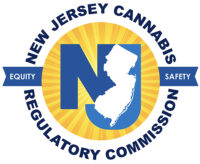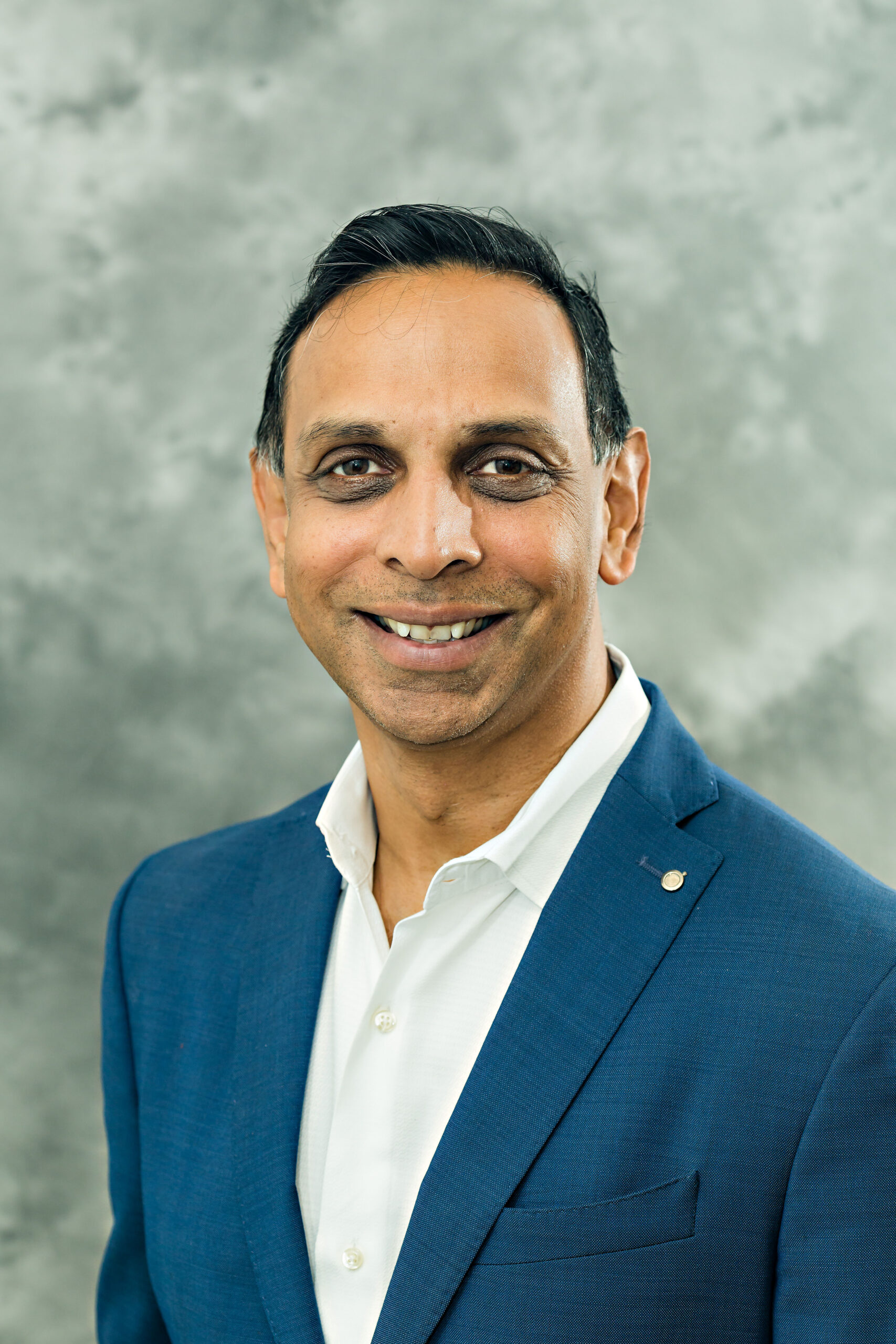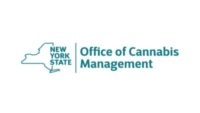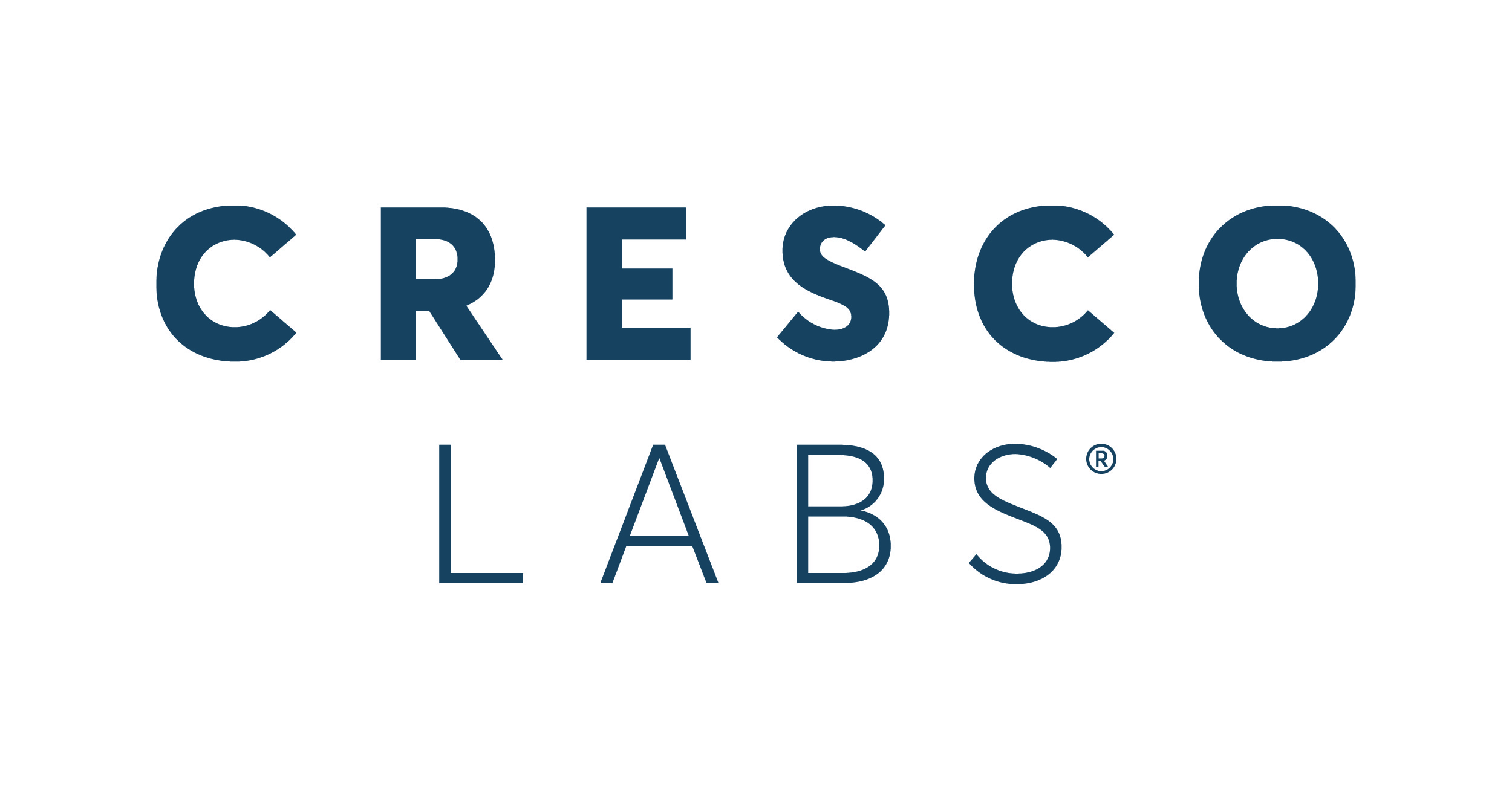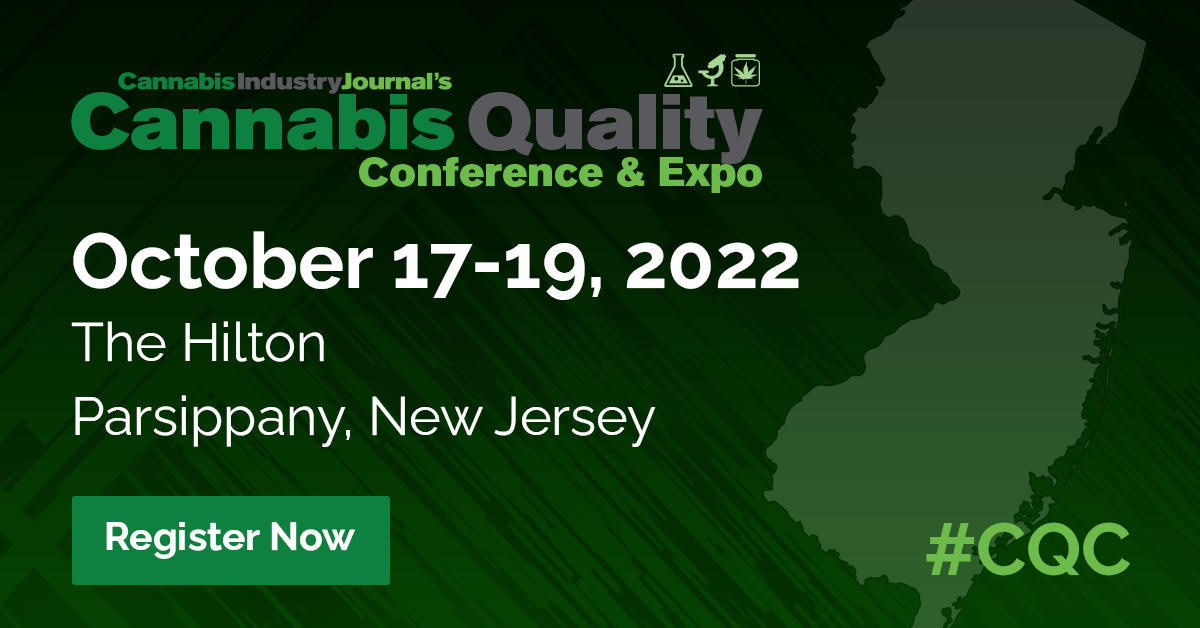The adult beverage industry, like any other category of consumer branded products, is driven by trends. If you’re old enough to remember Bartles & Jaymes wine coolers, you probably also remember Zima and Smirnoff Ice, and more recently “healthy” options like Skinny Girl and Michelob Ultra. The sensation that was craft beer saw many brands being acquired by Big Alcohol so that while the brands remain, ownership and production have changed significantly. Gin, tequila and vodka have had their moments in the sun and the current market is undeniably saturated with what is probably the largest current trend – hard seltzers. However, with the seltzer craze waning, many are wondering what’s next. And with the growing sober/California sober trends, some are betting it is cannabis-infused beverages.
Cannabis-infused beverages offer both an alternative method of consumption of cannabis and are also an attractive alternative to alcohol. Infused beverages are more appealing to the new demographic of casually curious cannabis consumers. i.e., consumers that may not be interested in smoking a joint or vaping, but are comfortable micro-dosing from a can or bottle, as they would a seltzer or beer. The same type of consumer may be moving away from alcohol consumption to eliminate hangovers or other negative health effects.
The emerging market and curious consumer group present an enormous opportunity right now for cannabis-infused beverage brands. Of course, with opportunity and growth come challenges. And while cannabis-infused beverages face a host of legal and regulatory challenges relative to sourcing, manufacturing, packaging, labeling, shipping, marketing, distribution and sale, one of the most critically important business assets to address at inception is the brand.
Lines are Blurring, Gaps are Being Bridged
The U.S. cannabis market is currently a geographic hamburger. Hear me out: Geographically, you have a relatively mature market out west and a relatively new and growing market along the east coast. These are the buns. You have a mixed bag in between, with some states coming online and allowing medical or adult use cannabis use and others that have not yet embraced any form of legalization. The landscape has lent itself to the development of regional brands, such that brands that are so similar they might otherwise confuse consumers, have been able to co-exist in different regions without issue, or because there is little to no trade channel or market overlap. Similarly, adult beverages and cannabis have historically been separate verticals, with an arguably low likelihood that a consumer would assume a particular cannabis product and adult beverage product emanate from the same source.

However, lines are blurring and gaps are being bridged. Walls are breaking down. The increasing number of states coming online with legalized cannabis, and the proliferation of multi-state operators (MSOs), means that cannabis brands can grow to be more than siloed regional brands. This will inevitably lead to brands that previously co-existed bumping into one another and there’s bound to be some pushing and shoving. The advent of infused beverages likewise bridges the gap between cannabis products and alcoholic beverages. While the respective industries were not historically per se related, competing, or overlapping, now you’ve got infused beverages that bridge the gap between the two, and traditional alcohol brands (e.g., Boston Beer Company, Molson Coors, Lagunitas, Pabst.) entering the market (albeit under different brands). This makes a strong argument that cannabis and alcohol (or, more generally, adult beverages) are within each other’s logical zones of expansion, for purposes of a likelihood of confusion analysis.
The growing pains infused beverage brands will experience are analogous to those craft beers saw in the 2000 – 2010s. Many craft brewers had catchy, cheeky names and brands that contributed to their ability to engage consumers and develop a following, but failure to clear and protect the brands prior to launch detracted from the brands’ market values. Localized use prior to expansion also led to many brands bumping into one another and stepping on each other’s trademark toes. This was significant as the brands sought investment dollars or an exit strategy, making clear that the brand itself contributed heavily to valuation.
Mitigating Risks and Overcoming Challenges: Search and Protect
The risks and challenges can be significantly mitigated and/or overcome with proper preliminary clearance searching and assessments, and by seeking and obtaining state or federal protection for the brand or brands, to the extent possible.

Of course, clearance searches and assessments come with their own challenges, as does federal protection. With respect to clearance searches, these typically look at U.S. federal and state trademark databases. These resources are not sufficient for purposes of clearing a proposed cannabis brand. Many brands are not recorded at the federal or state level and indeed may not even show up in a basic search engine. An appropriate search looks at social media resources like Instagram, Twitter, Facebook and known cannabis resources like Leafly and Weedmaps. Additionally, the scope of the search should exceed cannabis products and services and at least look at alcohol and merchandise. Adoption and use of a brand for a cannabis-infused beverage is high risk if that brand is similar to a prior existing alcohol brand. A current example is Cointreau’s taking aim at Canopy’s adoption and use of QUATREAU for an infused beverage.
A U.S. federal trademark registration presents its own unique challenges, but is incredibly valuable and beneficial to a brand since it provides the owner with a nationwide presumption of ownership and validity in a trademark, and can also secure priority for the owner with a constructive first use in commerce date that is years before actual use of a mark begins. The U.S. Trademark Office categorically denies protection of brands that violate its “lawful use” rule, and will treat as per se unlawful any applied for mark that covers marijuana, or that covers foods, beverages or pharmaceuticals that contain CBD. With respect to brands that cover products containing THC, since it is federally scheduled, use of the brand would violate the Controlled Substances Act (CSA). With respect to brands that cover CBD or products containing CBD, these may be lawful pursuant to the Farm Bill and the U.S. Trademark Office’s subsequent allowance of marks that claim CBD “solely derived from hemp with a delta-9 tetrahydrocannabinol (THC) concentration of not more than 0.3 percent on a dry weight basis,” however under the Food Drug Cosmetics Act (FDCA) it is currently federally unlawful to introduce CBD – even if it fits the definition above – into foods or beverages.
Even if cannabis is not specifically claimed in a trademark application, cannabis brands have a natural gravitation toward names and logos that can do some of their marketing for them, and announce to the world they cover cannabis. This increases the chances that a trademark application for the brand will get push-back from the U.S. Trademark Office, and if not at the initial review stage, then at the point in time when the brand must submit to the U.S. Trademark Office a sample of (lawful) use of the applied-for mark. While this all sounds like bad news for cannabis-infused beverages, all is not lost.
There are typically ancillary and federally lawful products and services cannabis companies offer under their brands that can be covered in a U.S. federal trademark application, and arguments to be made that registered protection of a brand for the ancillary items should be sufficient to enforce against third parties using the same or confusingly similar brands in their space. Some cannabis brands’ lawful ancillary products are actually product lines (e.g., beverages) offered under the same brand that contain no cannabis. Others may be more causally related, like online forums and blogs. The former is closer to the actual product, and the latter would be more beneficial to a brand that is inherently stronger and more distinctive. One note of caution: A trademark application and eventual registration that expressly disclaim cannabis (THC or CBD) may be difficult to enforce against a third party using the same or a similar mark on and in connection with cannabis. So, while there is a natural inclination to follow a U.S. Trademark Office request to disclaim coverage of cannabis, there may be enforcement consequences down the road.
The cannabis-infused beverage market is poised for explosive growth. The brands that survive – and succeed – will be those that position themselves for growth by clearing and buttoning up their brands as early as possible. The market leaders will be those that select strong and distinctive brands, with geographic and market space around them for growth and expansion; and those that protect and enforce their brands, to the extent possible, at the federal and/or state levels.






